Oxytocin
Fr 35
Oxytocin: Benefits, Risks, and Everything You Need to Know
Oxytocin, often referred to as the “love hormone” or “bonding hormone,” is a naturally occurring neuropeptide in the human body that plays a vital role in social bonding, emotional regulation, reproduction, and overall well-being. While its reputation is often tied to positive emotions such as trust, empathy, and intimacy, oxytocin also has important medical applications. At the same time, like any compound, it comes with potential risks and side effects if misused. In this guide, we’ll explore everything you need to know about oxytocin—its benefits, functions, risks, and uses.
What is Oxytocin?
It is a hormone produced in the hypothalamus and released by the pituitary gland. It acts both as a hormone and a neurotransmitter, influencing the body in several ways. Commonly linked to affection, intimacy, and trust, oxytocin helps strengthen human connections. It is released naturally during moments such as childbirth, breastfeeding, hugging, and sexual activity.
Because of its powerful effects, It is also synthesized in clinical form and used in medicine, particularly in obstetrics and gynecology.
The Benefits
1. Emotional Bonding & Relationships
It plays a crucial role in building trust and emotional connections between people. It strengthens the feeling of closeness in romantic relationships and enhances bonding between parents and children.
2. Support During Childbirth
One of it’s most important medical uses is in labor induction. It stimulates uterine contractions, helping women during childbirth. Doctors often administer synthetic oxytocin (commonly known as Pitocin) to manage labor more effectively.
3. Breastfeeding Assistance
Oxytocin stimulates the “let-down reflex” in breastfeeding mothers, allowing milk to flow from the mammary glands. This not only aids in feeding but also enhances mother-infant bonding.
4. Reduced Stress and Anxiety
Research suggests it may reduce cortisol levels, leading to lower stress and anxiety. It promotes relaxation and emotional stability, making it an area of interest for mental health research.
5. Wound Healing and Pain Relief
Emerging studies show that oxytocin can accelerate wound healing and may help with pain management by reducing sensitivity to pain.
Risks and Side Effects
While It has many benefits, excessive or improper use can lead to complications. Some potential negative effects include:
Excessive uterine contractions during labor, which can endanger both mother and baby.
Low blood pressure or irregular heartbeat when administered in high doses.
Water retention and electrolyte imbalance, particularly with prolonged medical use.
Emotional dependence, as artificially elevated oxytocin levels may affect natural social bonding and mood regulation.
It is crucial that it can be used under medical supervision only. Self-administration or misuse may pose serious health risks.
Mental Health Research
It has gained attention for its potential role in mental health. Some studies suggest that oxytocin supplementation may help with conditions such as:
Autism spectrum disorders – improving social interaction.
Depression and anxiety – supporting emotional resilience.
Post-traumatic stress disorder (PTSD) – reducing hyperarousal and fear responses.
Although promising, research is still ongoing, and oxytocin therapy should not be considered a replacement for standard medical treatments.
Natural Ways to Boost Oxytocin
If you’re interested in enhancing oxytocin naturally, here are some effective lifestyle habits:
Physical touch (hugging, holding hands, cuddling).
Spending quality time with loved ones.
Acts of kindness and generosity.
Listening to music or engaging in shared group activities.
Meditation and mindfulness practices.
These activities naturally stimulate oxytocin production, helping promote stronger relationships and a greater sense of well-being.
Conclusion
It is much more than just a “love hormone.” It is a multifunctional compound essential for reproduction, bonding, stress reduction, and even potential mental health therapies. While it provides numerous benefits, improper use or medical over-reliance may lead to negative consequences.
If you are considering oxytocin for medical or therapeutic purposes, always consult with a healthcare professional to ensure safe and effective use. With ongoing research, It continues to reveal new insights into human health, emotions, and relationships.
Be the first to review “Oxytocin” Cancel reply
Related products
PEPTIDE
PEPTIDE
PEPTIDE
PEPTIDE
PEPTIDE
PEPTIDE
PEPTIDE
PEPTIDE

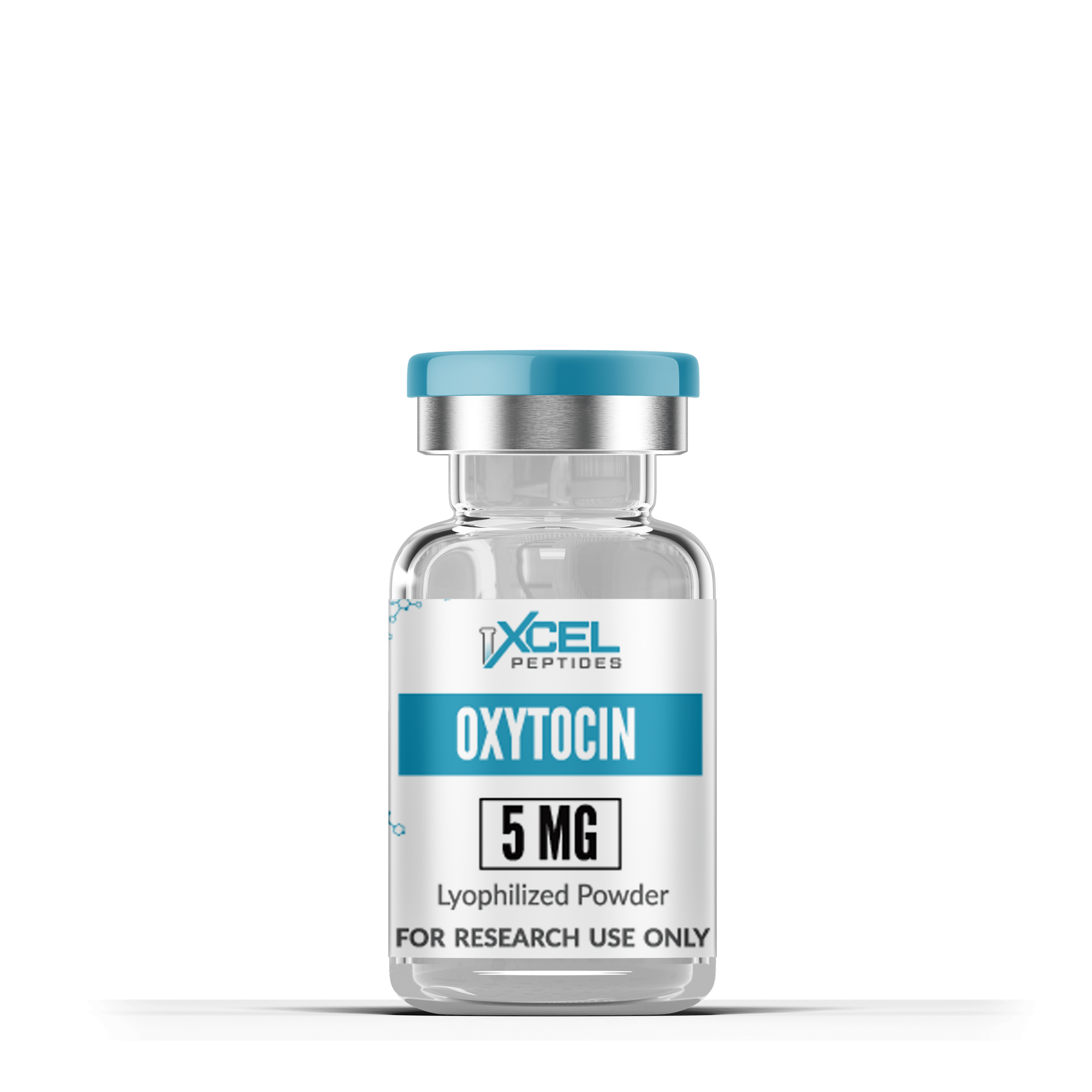

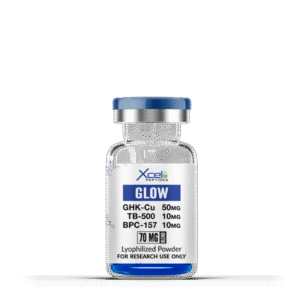
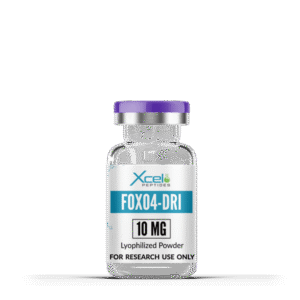

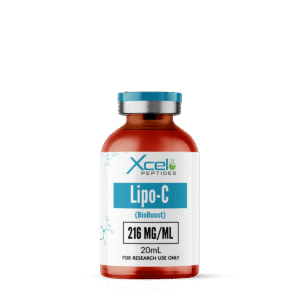
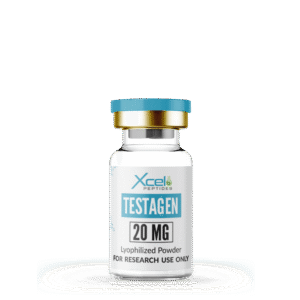
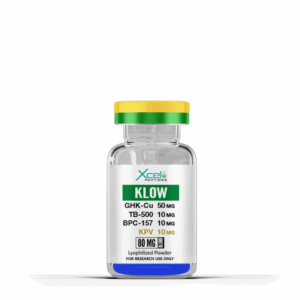
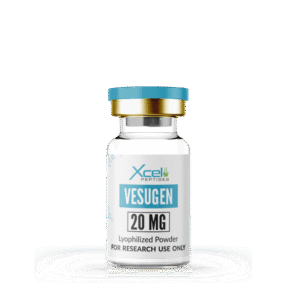
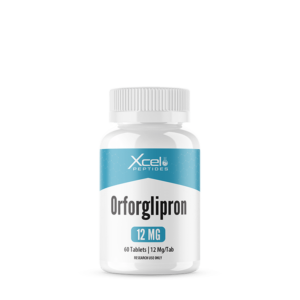
Reviews
There are no reviews yet.